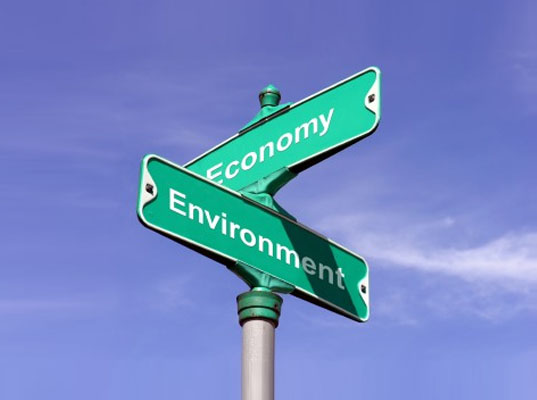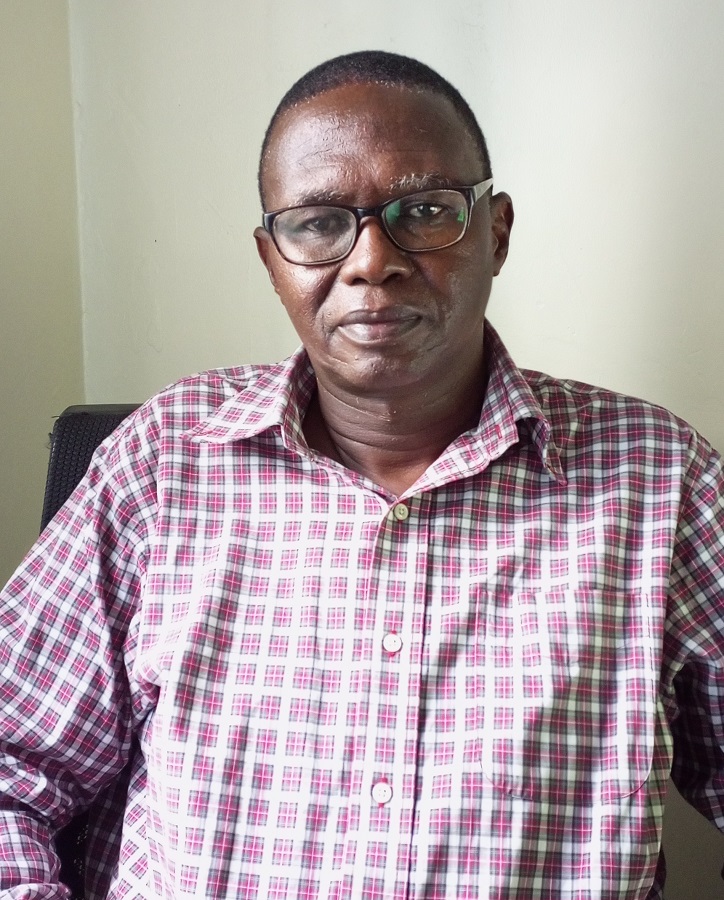Prioritize investing and financing green economic activities
The government should deploy the Nairobi declaration to foster green economic alternatives by providing training and technical assistance in renewable energy.

Between September 4 and 6, 2023, the African and international leaders attended the African Climate Summit in Nairobi, Kenya. At the SUmmit, they deliberated on Africa’s unified position on the climate crisis ahead of COP28, the global climate talks, in December. They also developed the Nairobi Declaration for Green Growth, a blueprint for Africa’s green energy transition.
It is noted that Uganda is among the most vulnerable African countries to the impacts of climate change, experiencing the impacts of climate crisis including drought, flooding, extreme weather temperatures, rising sea levels and others.
This is because of the failure by Uganda and African countries at large to invest much in green alternatives especially renewable energies like hydroelectricity and solar energies thus making people resort to using charcoal which causes greenhouse gas emissions that blanket the earth and trap the sun’s heat hence leading to global warming and climate change.
Globally, 733 million people, or about 9.1 per cent of the world’s population, lack access to electricity (World Bank, 2020a). In sub-Saharan Africa alone, 600 million people, or approximately 53 per cent of the region’s population, live without access to electricity.
As of 2020, however, it is noted that more than 18 million Ugandans (58% of the total population) continue to live without access to electricity (ESMAP) limiting the country’s potential for economic growth and human development.
Uganda’s abundance of renewable energy resources which include hydropower, biomass, solar energy, geothermal and wind energies has found it challenging to utilize many of these renewable energy resources to ensure energy mix to accelerate energy access due to limited financing and investment towards off-grid and efficient energy sources.
Furthermore, the government’s efforts have largely focused on increasing energy access by increasing supply through investing in hydro-electricity plants. This has made Uganda continue to fail at its commitment to long-term plans for a transition to decarbonised economies and increasing access to clean, affordable and reliable energy,
The government should deploy the Nairobi declaration to foster green economic alternatives by providing training and technical assistance in renewable energy.
This will help businesses transition to a green economy by providing incentives such as tax breaks, grants and subsidies to businesses that adopt sustainable practices such as renewable energy and encourage international partnerships and collaborations with organisations that have experience in sustainable development.
Uganda should encourage green finance initiatives and partnerships to fund sustainable projects like green economic alternative activities and prioritize investments in renewable energy sources like solar, wind and other alternatives to reduce reliance on fossil fuels and promote clean energy
Olive Atuhaire, Research associate
Atuhaireolivia72.ao@gmail.com







